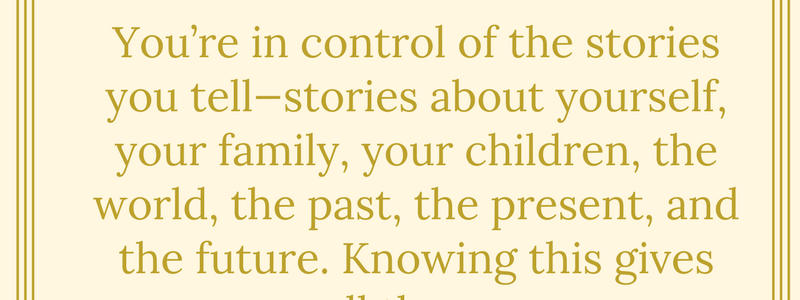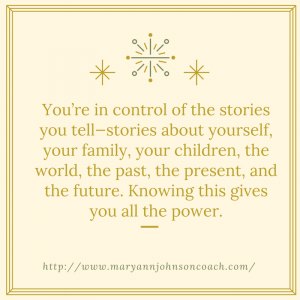 Recently I was taken back in time as I listened to a soundtrack by John Denver. He was a singer-songwriter from the1960s through the 1990s. I was a young teen when he began his career and I enjoyed his music.
Recently I was taken back in time as I listened to a soundtrack by John Denver. He was a singer-songwriter from the1960s through the 1990s. I was a young teen when he began his career and I enjoyed his music.
One song, that I listened to on this day was particularly meaningful – Welcome to My Morning. Look at the opening stanza.
Welcome to my morning
Welcome to my day
I’m the one responsible
I made it just this way
Many years ago, I finally understood and came to believe that I was truly responsible for how my days look. That belief can be a bit intimidating because if it is true then we must take 100% responsibility. Yikes! We must give up blame. Double yikes! We must stop being victims. Triple yikes!!!
But it’s true. And here is why. We cannot control other people or their actions. We cannot always control the circumstances that we find ourselves in. But we can always control our response to them. That is the key to the tenor of our days – our response.
Make Controlling Your Response a Daily Practice
It isn’t always easy to stay in control of our response but there are a few things that we can practice daily that will help us get better at it.
• Pay attention to your thoughts – Thoughts generate emotions and emotions move us to action. Our action will trigger a result, either positive or negative. So, it’s important to monitor your thoughts. Make the effort to keep them positive. Don’t let your mind make stuff up which it will try to do. Our mind wants to make sense out of things and sometimes we put our own spin on the facts.
• Think the best of others – It is easy to have negative thoughts about others and their motives, but if we make it a practice to think the best rather than the worst it goes a long way to helping us control our response. When someone cuts us off in traffic we can think, “That dumb jerk.” Or we can think, “She must be in a real hurry. I hope she gets there safely.” We get to decide how we will view the actions of others. When we decide to think the best of others, we can manage our thoughts better
• Give up blame. Blame is always an indicator there’s a problem with our way of being or how we perceive what’s happening. Taking responsibility for how we perceive what’s happening can and does make a difference in our outcomes.
• Practice gratitude. It’s remarkable how thought shifting gratitude can be. For many, it doesn’t come naturally because life is hard. People are rude and inconsiderate. Bad things do happen to good people. But gratitude is something we can cultivate and when we do, it goes a long way to helping us have more positive thoughts. That leads us to better responses, and we have better outcomes.
I love this example from my friend April Hiatt, who had attended a class I taught on this topic. She was practicing giving up blame, thinking the best of others, and being grateful.
“I opened the dryer door to discover wet clothes. Jonathan (my 14-year-old) didn’t press the start button when he transferred loads. I was three words into my grumble when I heard myself say out loud “Oh, I’m so glad I checked the dryer.” The next words were of understanding, with a deep feeling of love . “I’ve done this same thing before .” This whole cycle took under 3 seconds, and it happened without me really thinking about it. Wow, I’m amazed.”
We need to make setting our intention for the day a practice. We will have to do this our whole lives. Eventually, it does become easier, but it is a life-long work. We must decide that we’re going to have a good day. We must decide that people are basically kind. We must decide that life is good. These daily decisions help us respond better.
When you wake up and have a headache you can roll over and think, “This is going to be a lousy day.” Or you can close your eyes and think, “I’m glad I have something I can take for this.”
I know, it feels irritating to even think about it. That’s exactly how I felt when I first learned this principle, that I am responsible for how my life feels. But I want you to know that as I embraced this truth it changed my world. It gave me all the power!
You can listen to John Denver’s beautiful song HERE. Enjoy.



 I keep thinking that I’ll switch topics from the power of controlling our story and response to another parenting topic but every day provides a new and powerful example of just what it looks like to control how we think and act.
I keep thinking that I’ll switch topics from the power of controlling our story and response to another parenting topic but every day provides a new and powerful example of just what it looks like to control how we think and act.